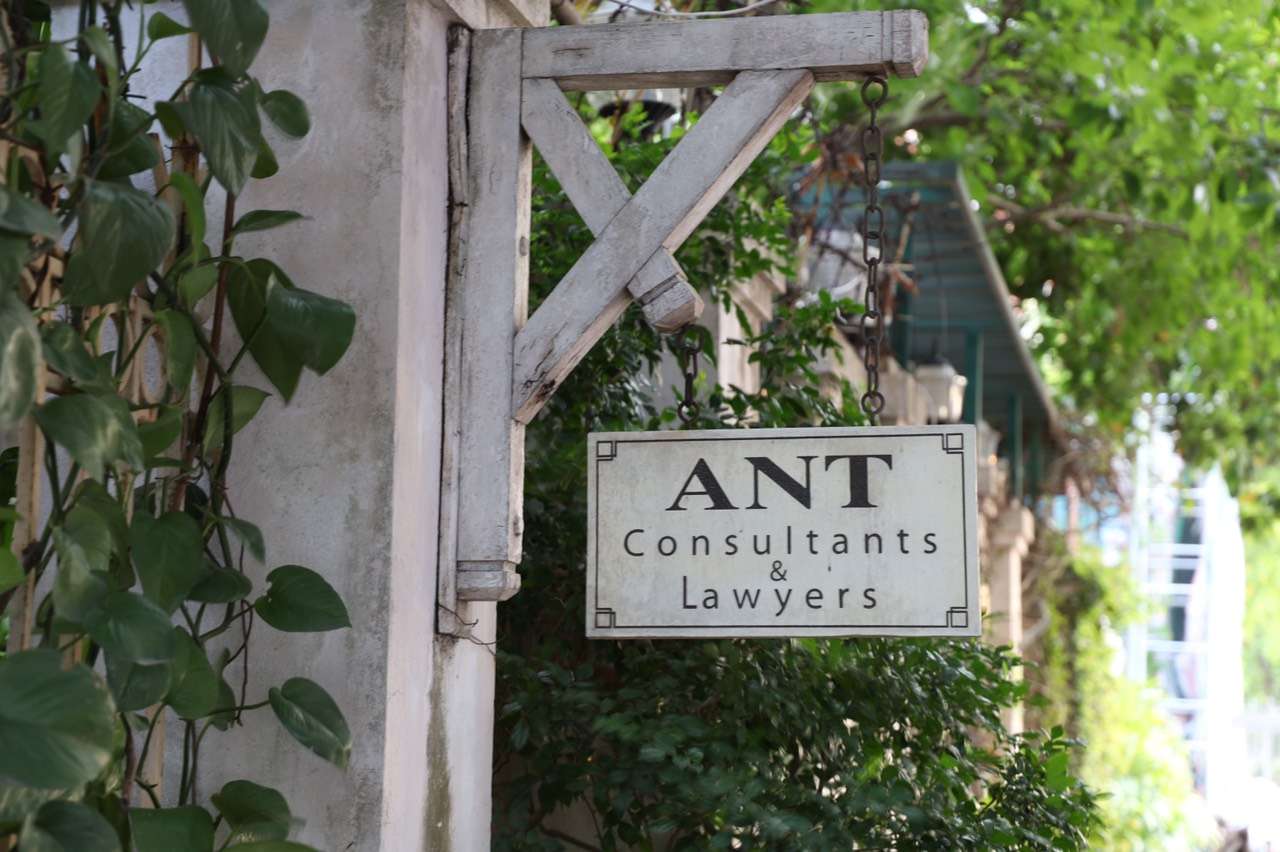The Importance of Legal Translation Services in Vietnam
In an undeniably globalized world, viable correspondence across language boundaries is essential, especially in legitimate issues. Legitimate interpretation administrations in Vietnam assume an essential part in crossing over language barriers and guaranteeing precise comprehension and translation of lawful messages and records.
Legal translation is a profoundly specific field that requests mastery in both legitimate ideas and language proficiency. The complicated idea of overall sets of laws, phrasings, and designs expects interpreters to have thorough information on the source and target dialects, as well as profound experience with the legal systems involved.
In Vietnam, where official procedures and documentation are directed in Vietnamese, the requirement for exact interpretation emerges while managing worldwide exchanges, contracts, protected innovation freedoms, and other lawful issues including unfamiliar elements. Failure to effectively translate legal documents can prompt misconceptions, legal disputes, and compromised arrangements, possibly bringing in financial loss or damage to reputation.
Accuracy is vital in lawful interpretation, as even a minor blunder or exclusion can have huge results. Legitimate experts depend on exact and dedicated interpretations to accurately appreciate and decipher authoritative reports. By using proficient legal translation services in Vietnam, clients benefit from interpreters who have phonetic abilities as well as particular lawful information. These interpreters comprehend the intricacies of lawful wordings, guaranteeing that each term and idea is precisely deciphered, saving the expected importance and legitimate ramifications of the original document.
Besides, proficient lawful interpreters follow a thorough quality control process, including editing, altering, and checking, to ensure the precision and consistency of the translated text. This attention to detail guarantees that clients can believe the interpreted reports for lawful purposes, staying away from potential legal traps brought about by wrong interpretations.
Language is profoundly interwoven with culture, and legitimate interpretation should consider social subtleties to pass on the expected message precisely. With regards to Vietnam, a country with its own special social and lawful qualities, proficient legitimate interpreters have a nuanced comprehension of the local legal system This commonality permits them to precisely interpret lawful ideas and adjust the language to line up with social standards and legitimate practices.
In the legal field, time is frequently of the essence. Proficient legitimate interpretation administrations in Vietnam focus on convenient conveyance without compromising exactness. Interpreters stick to settled cutoff times, empowering clients to continue with official procedures, agreements, or exchanges without pointless deferrals. Furthermore, legitimate interpretation specialist organizations maintain severe secrecy norms. Secrecy arrangements and secure information taking care of conventions are executed to safeguard clients' data, guaranteeing that lawful interpretations are dealt with the greatest possible level of amazing skill and privacy.
In conclusion, in the present globalized legal scene, precise correspondence is basic for fruitful legitimate results for financial backers and money managers carrying on doing business in Vietnam. The utilization of expert legal translation services in Vietnam ensures precision, keeps up with the trustworthiness of legitimate correspondences, and improves the general viability of legitimate cycles in Vietnam's assorted and dynamic legal environment.





.jpg)
.jpg)
.jpg)
.jpg)
.jpg)








